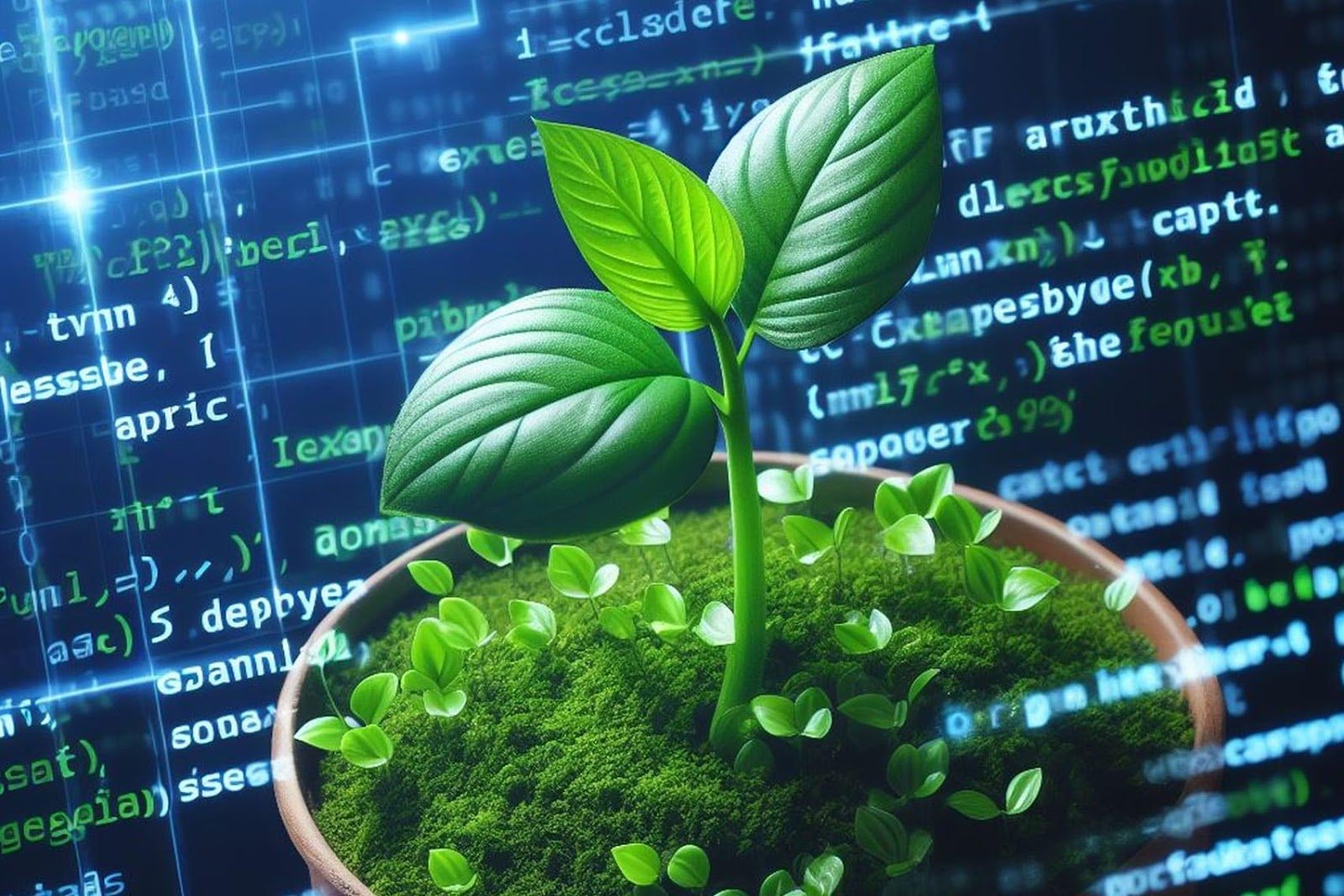Sustainability can be seen in almost every industry nowadays, considering that the digital world is moving fast. The concern of sustainability for software development drives beyond environmental to social and economic aspects, too. Here is an in-depth insight and explanation of what makes software development need sustainability and how it can be achieved.
Why is Software Development Sustainability Important?
1. Environmental Impact: Software development is on par with the rest of the industries in causing an impact on the environment. All over the spectrum, from energy consumption to CARB emissions and generating electronic waste, software development creates an environmental impact. With the developers following good practices, their impact can be brought to a minimum due to energy-efficient servers and code optimization.
2. Resource Conservation: Sustainable software development focuses on conserving resources such as energy and materials. The conservation of resources can be achieved through code optimization, avoidance of superfluous functionality, etc.
3. Long-Term Viability: Sustainable software is long-term software because it is easy to maintain and upgrade; there will be much less replacement of software, which means less waste.
4. Cost Savings: The long-term benefit of sustainable software development also lies in the fact that it enables cost savings. It reduces energy consumption, which at the same time improves efficiency, thus reducing the operating cost.
5. Corporate Social Responsibility: Most organizations focus on CSR and sustainability. Creating sustainable software will fulfill the CSR objectives for organizations and gain them a better reputation among other competitors.
How Software Supports Sustainability
1. Energy Efficiency: Software can play a fundamental role in supporting sustainability through energy efficiency. Examples of these include the optimization of the code in ways to avoid wasting energy and the use of lightweight algorithms.
2. Remote Work Support: It is the age of remote work. Software can get behind sustainability by lessening the need for commuting and thereby lessening carbon emissions.
3. Virtualization: Virtualization would reduce the demand on physical hard ware, hence conserving energy and curtailing electronic junk yard.
4. Optimization of Data Centers: The software can be instrumental in boosting sustainability by optimizing data centers in various ways, such as cooling and server utilization, hence reducing power usage.
5. Waste Reduction: With digital processes made possible, software can help reduce waste and promote sustainability through a decline of paper-based workflows.
Further Remarks on the Significance of Sustainability in Software Engineering
1. Open Source Collaboration: Open-source software development encourages collaboration with other practitioners, leading to knowledge sharing—supporting more sustainable practice. A developer can use existing open-source projects to avoid putting in double effort and—hence—attain resource efficiency.
2. Modularity and Reusability: Creation of modular and reusable code promotes reusability since things can be easily used another time in different parts of the code, hence saving on unnecessary replication. This dramatically reduces new codes written from scratch, saving much time and other physical resources.
3. Lifecycle Assessment: It involves carrying out a lifecycle assessment of the software to point out areas where improvements can be instigated to ensure sustainability. This includes looking at the environmental impact of the different strategies and methods involved in development and deployment.
4. Green Web Hosting: The selection of a green web hosting provider can make a massive difference in terms of the eco-friendly nature of hosting software. Green web hosting providers usually plow power from renewable sources and exercise energy efficiency in running and maintaining their data centers.
5. User Education and Engagement: Educate users on the environmental impact of software and encourage sustainable practices, such as turning off unused features or devices.
6. Regulatory Compliance: Conformity to the World’s Environment Acts and Standards assures sustainable practicing, even in software development—Complies with ISO 14001 standards.
7. Continuous Improvement: Continuous improvement in software development is a process that can lead to continuous sustainable gains. Software that is sustainable for a long time can be approached through the regular review and tuning of the code by the developers. These are additional points to be incorporated into software development practices to enhance the sustainability of software towards a sustainable future.
Conclusion
In conclusion, sustainability forms a very vital aspect of software development. Achievement of sustainable practices, a while ensures decreased eco-environmental and energy impact with continued viability. Besides, software, in one way or another, provides support to the sustainability needs of the digital world by reducing waste and ensuring energy efficiency. The software enables sustainability to improve. It is vital that over time, in the life cycle of the overall software development and deployment, change cannot be forgotten in sustainability in the digital world.









